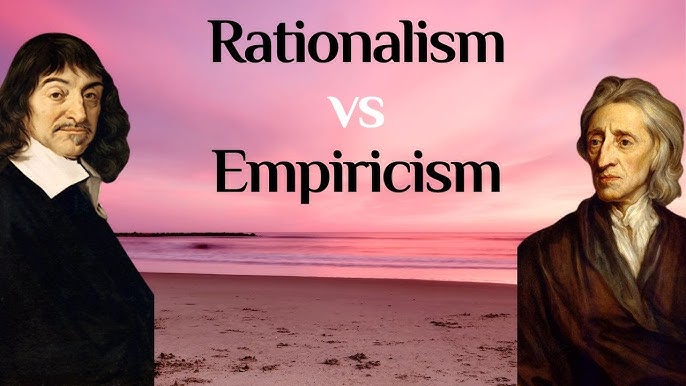Back to Course
Social Studies 2Do Gye
0% Complete
0/0 Steps
-
Syllabus
UNIT 1: Origins and first cultures of humanity Great contributions from ancient civilizations12 Lessons -
UNIT 3: Argumentation and the construction of logical, oral and written discourse
-
UNIT 3: Argumentation and the construction of logical, oral and written discourse5 Lessons
-
UNIT 4: Theory of Knowledge9 Lessons
-
The sources of knowledge: empiricism and rationalism
-
Objectivism, Relativism, Realism, Idealism, Pragmatism
-
Relativism and Objetivism
-
Latinamerican Philosophy
-
Colonialism and Neocolonialism
-
Identity and culture in Latin America.
-
Latinamerica Identity
-
Proyecto interdisciplinario 2ndo A
-
Last Project IIT
-
The sources of knowledge: empiricism and rationalism
-
Unit 6: Democracy And The Construction Of A Plurinational State12 Lessons
-
Social foundations of democracy: indigenous, mestizo, afro-ecuadorian, montubio.
-
Indigenous, mestizo, afro-ecuadorian, montubio.
-
Derecho social y el origen de la ciudadania Erick Carpio
-
Fundamentos sociales del Ecuador: lo mestizo
-
Fundamentos sociales: Lo indígena Erick Carpio
-
Contribuciones culturales: Gastronomía, Literatura, Música y Pintura
-
Cultural contributions
-
The state and its organization.
-
Assemblies constituents: The people as subject of the Assemblies
-
Judicial function and indigenous justice
-
Proyecto de Social Studies
-
Preparation Project T3 and Life Project
-
Social foundations of democracy: indigenous, mestizo, afro-ecuadorian, montubio.
Unit 4,
Lesson 1
In Progress
The sources of knowledge: empiricism and rationalism
Unit Progress
0% Complete
Rationalism and Empirism

Learning goals: O.CS.F.5.1.5.
Know and apply the rules of logical argumentation in order to validate reasoning that contributes to the development of argumentation, deliberation and persuasion, as a function of a democratic form of communication. a democratic form of communication.
Resources: https://openstax.org/books/introduction-philosophy/pages/12-1-enlightenment-social-theory
https://www.youtube.com/watch?v=5C-s4JrymKM
Learning activities: Students will learn difference between rationalism and empirism. They will give a brainstorm and make a mindmap. Students will make a research about Locke and Rousseau.
Adaptaciones curriculares:
–
–
–
–
